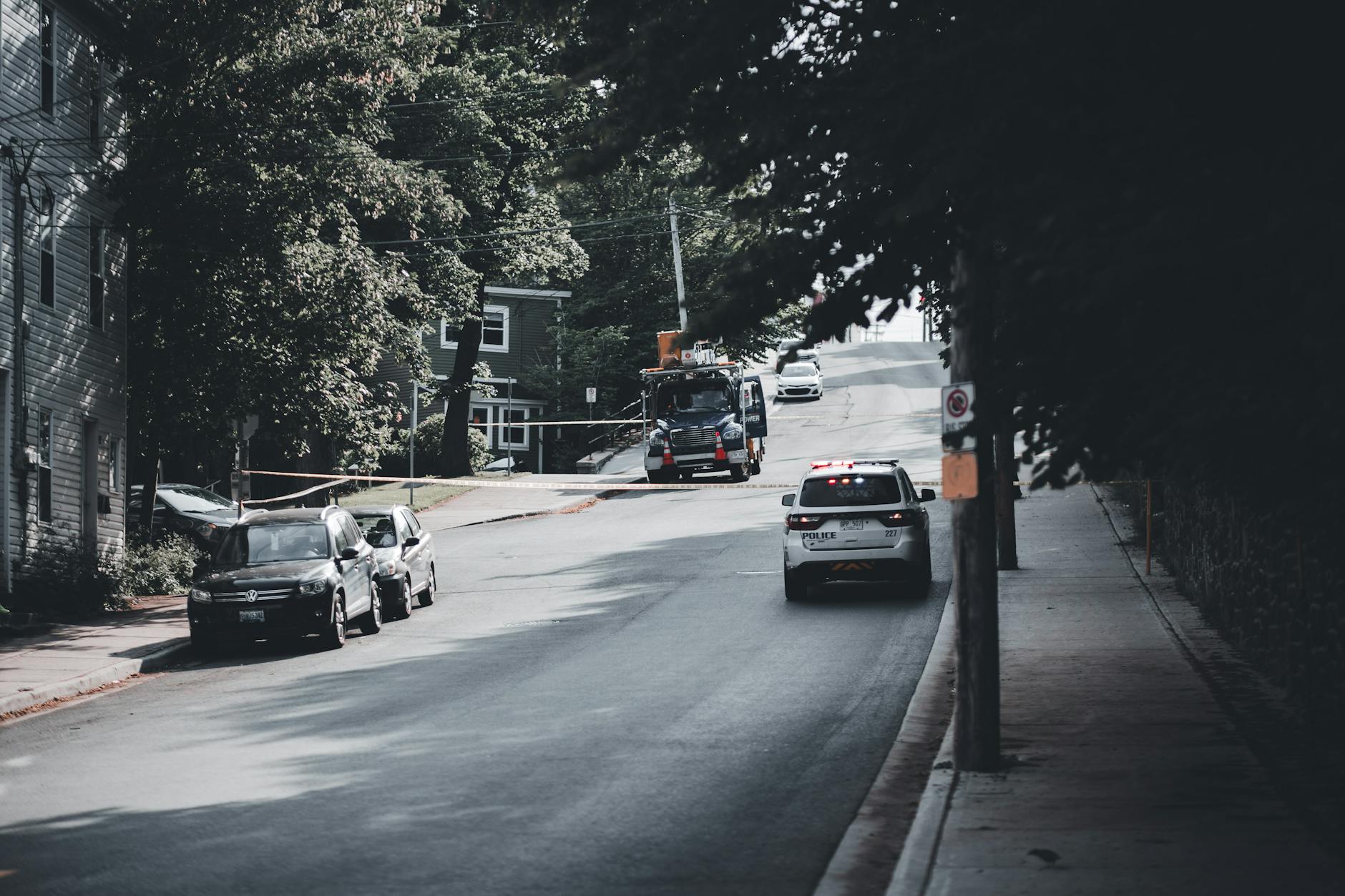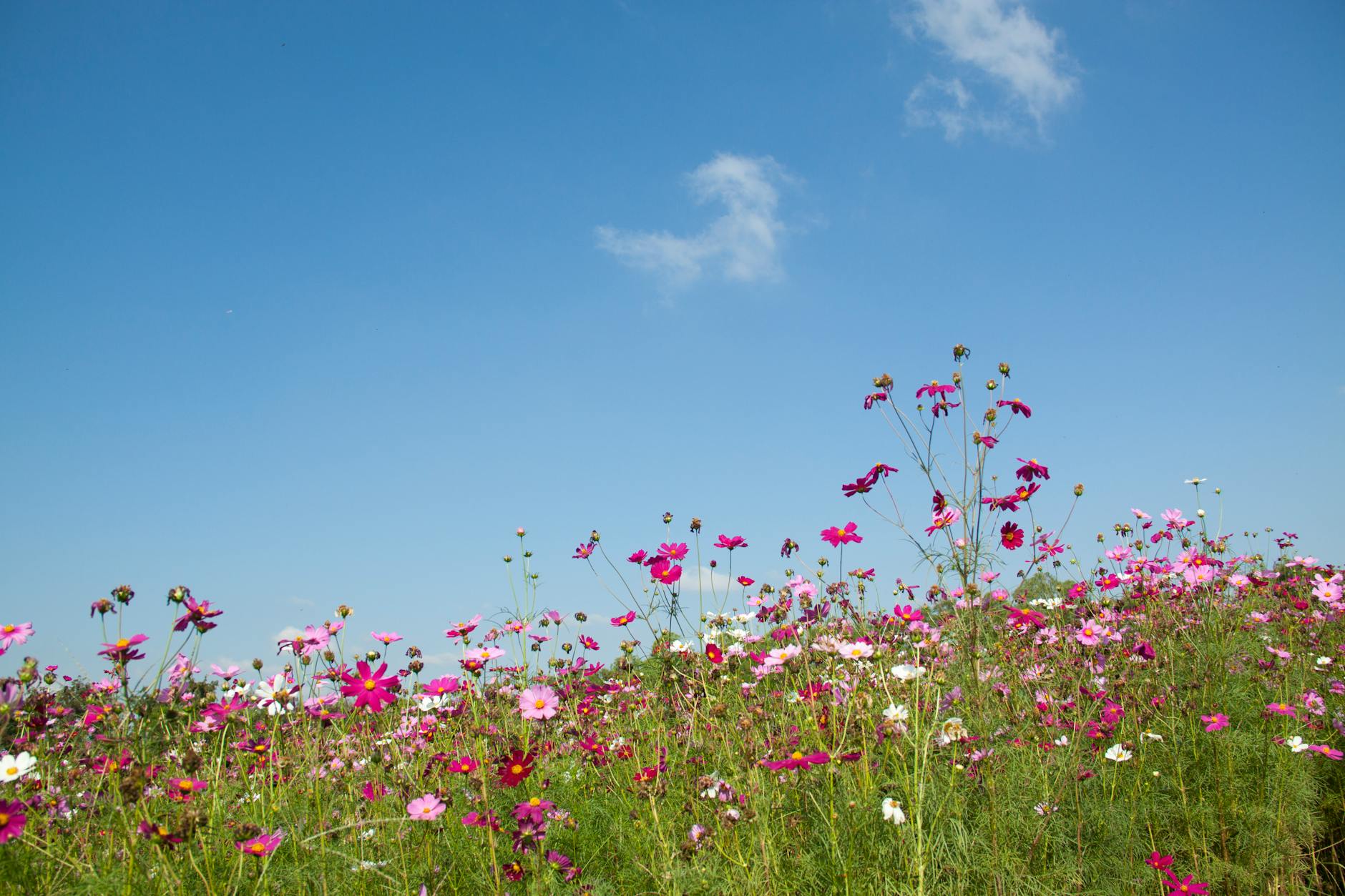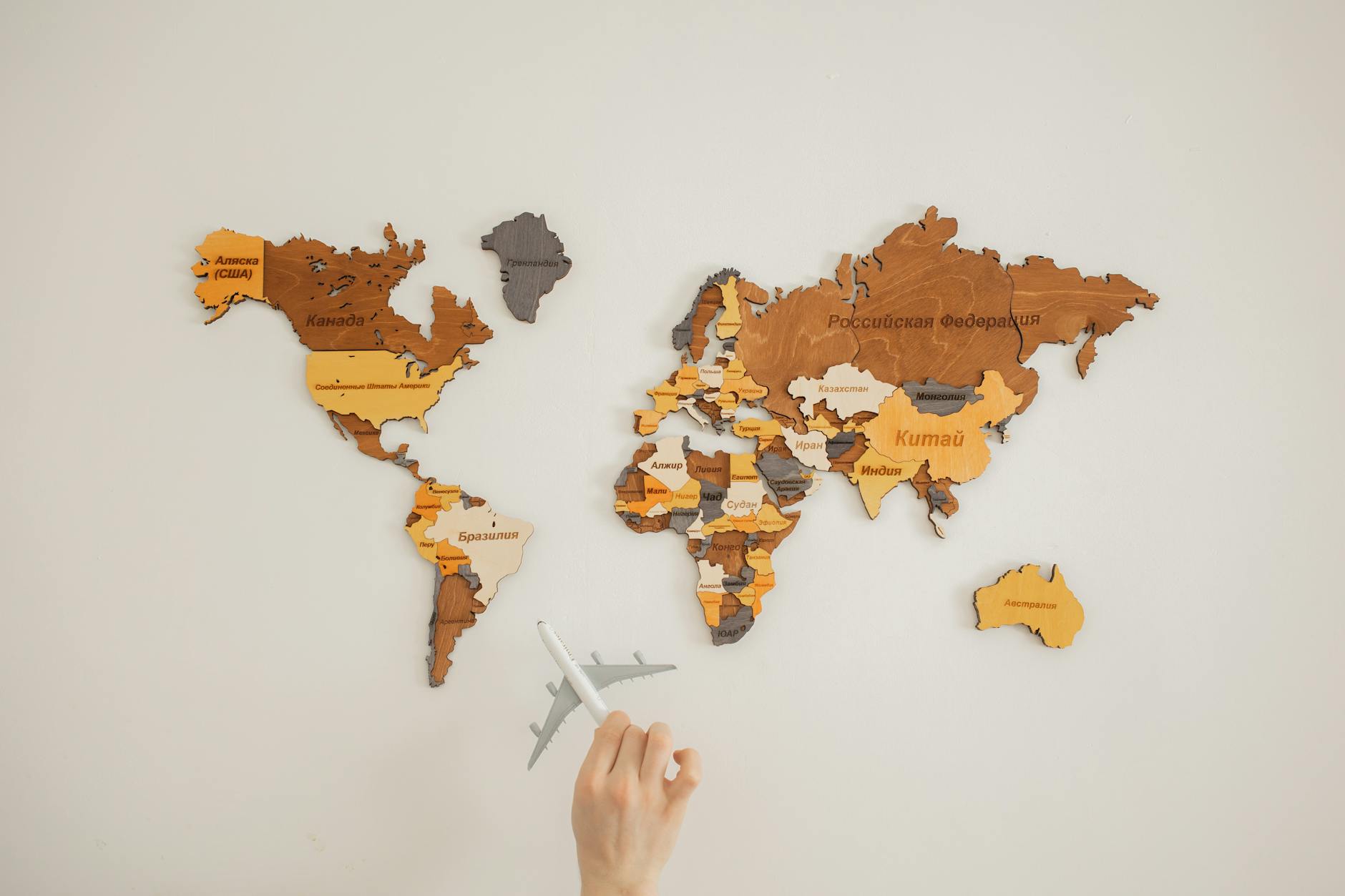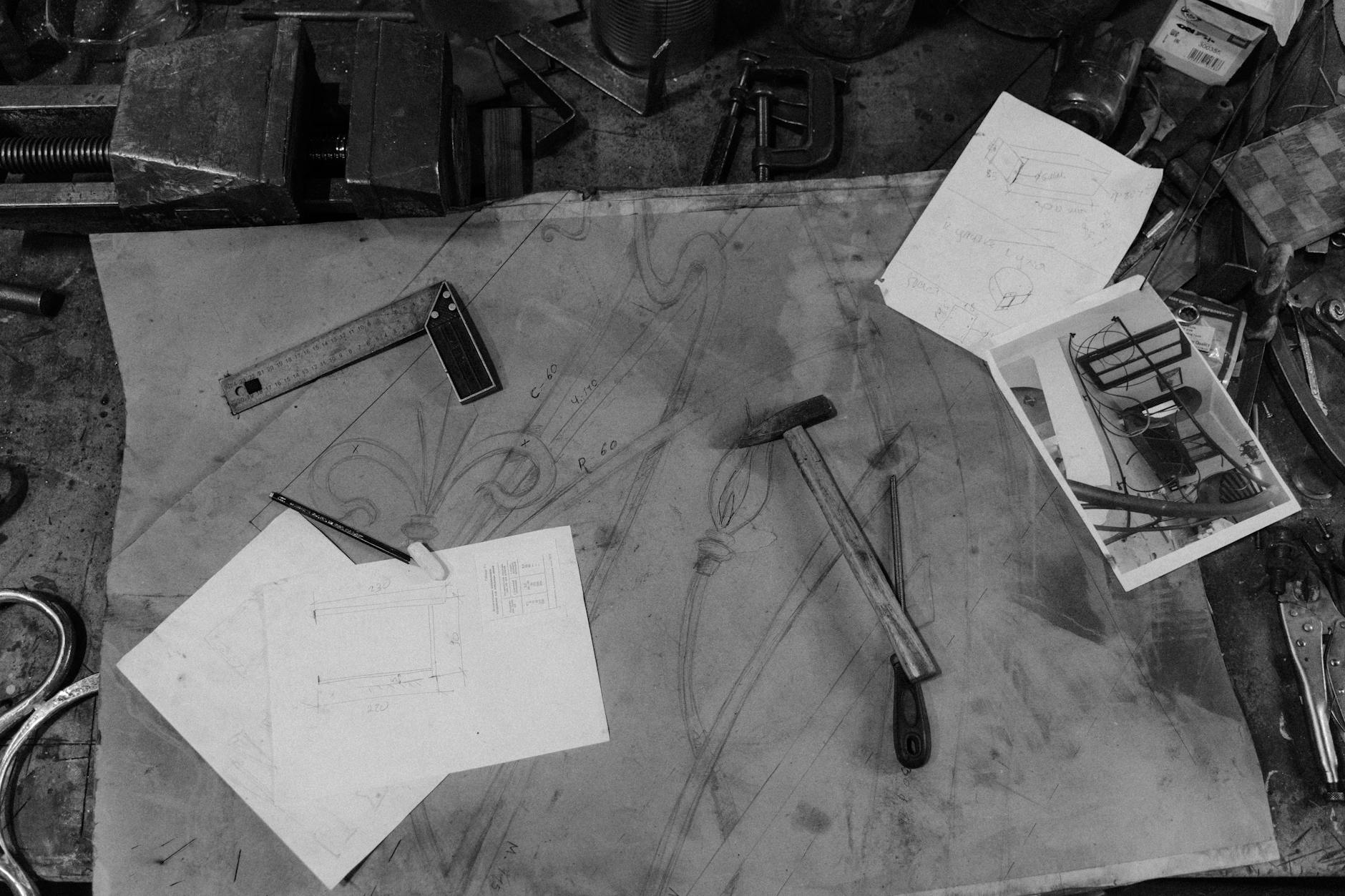How to Navigate Police Check Requirements for Artists in Australia

Understanding Police Checks
When you're immersed in the vibrant artistic hub of Rundle Street, the necessity of a police check might not be front of mind. However, for freelance graphic designers and visual artists, navigating these administrative requirements can be essential for sustaining a creative career. Understanding police checks begins with grasping the basics: a police check is an official record of an individual's police history, used by employers, clients, and organisations to assess suitability for various roles.
Police checks are crucial for artists venturing into projects with corporate and government clients. They serve as a prerequisite for securing gigs, ensuring you're eligible and trustworthy—especially when handling sensitive or public sector-related projects. In places like New South Wales, a police check nsw ensures compliance with specific regional requirements.
Moreover, while the creative sector might feel distant from bureaucratic processes, embracing this aspect can significantly impact opportunities. Being proactive about obtaining a police check act can open the door to collaborations and projects that align with ethical practices and inspire positive change.
Approaching this process with the mindset of mastering a new medium can transform it from an intimidating hurdle into an empowering step forward in your professional journey. It's all about clearing the way to focus on your artistic expression, ensuring that administrative elements don't overshadow your creative pursuits.
Preparing for the Process
Gathering Necessary Documents
You know, amidst the hustle and bustle of Rundle Street, the idea of gathering documents for a police check might seem about as exciting as washing out your paintbrushes. But staying organized is vital for us artistic souls, especially when a national police check is the gateway to new avenues and collaborations. Start by collecting identification documents like your driver’s license or passport. Have your proofs of current address handy too, as they'll yank the entire process into clarity.
Finding Reliable Resources
When seeking out resources, remember the creativity of a well-curated playlist. Online platforms, such as the South Australia Police website, offer clear guidelines and applications for a national police check victoria, providing the kind of solid foundation we need. Bookmark essential links and perhaps join creative forums where fellow artists share their insights. It's like having your own vibrant network, helping you navigate these less colourful sides of freelance life.
Understanding Timing Expectations
In our world, timing is everything, whether it's the right moment to snap a picture or to apply the final brushstroke. Set realistic expectations about how long the police check process takes. It might take a bit of time, and that's okay. Understanding the typical timeframe will help you plan better and ensure you won’t miss any potential projects while waiting for clearance on the administrative end.
With these steps, approaching a police check feels like a part of your creative journey rather than a dreaded task. Let's embrace this necessary formality with an open spirit and artistic flair.
Application Steps
Where to Apply
As a visual artist setting up installations or working on community projects, securing a police clearance in South Australia is a business necessity. The first step is to apply through the South Australia Police website, a helpful resource akin to a well-thumbed sketchbook in your toolkit. Your aim is to be eligible for a wider array of projects, perhaps even that exhibition in the heart of Rundle Street, where cultural vibrancy and creativity reign supreme.
Completing the Application
The application process may initially resemble a daunting art commission, but breaking it down into manageable steps can ease the journey. Start by gathering essential documents such as identification proof, which is as important as your go-to set of brushes for a painting project. Carefully fill in the online forms, paying close attention to details—almost like ensuring each stroke in your artwork perfectly complements the next.
Following Up on Submissions
Once you've submitted your application for a police clearance qld, it’s wise to remember that like waiting for the paint to dry on a masterpiece, it requires patience. Regular follow-ups online can help ensure timely updates on the progress of your check. Consider setting reminders, as you would for a gallery opening, ensuring you never lose track of your administrative obligations. This diligence ensures smooth sailing, freeing you to focus on creating art that resonates across Adelaide and beyond.
Navigating Unique Situations
Handling Delays and Issues
In the vibrant world of creativity, nothing is more frustrating than the unexpected delays and issues that can arise with police checks. As freelance visual artists, it's vital to have a strategy in place for these moments. Start by keeping all your documentation in order, just as you would organise your art supplies. This includes having copies of any relevant correspondence and maintaining a record of key dates. If you're experiencing delays with your police clearance nsw, contacting the issuing authority directly can often help clarify the situation and provide guidance on what steps to take next.
Renewals and Expiry Dates
Much like planning an exhibition, staying on top of your police clearance renewal is essential. Every state has different requirements, so make sure to mark these dates on your calendar. Setting reminders a few weeks in advance gives you time to handle renewals smoothly, allowing you to return your focus to creative pursuits without unnecessary stress.
Special Conditions for Artists
Artists often face unique administrative challenges. For instance, moving around between different creative projects and collaborations might mean needing police clearance in different states, such as obtaining a police clearance wa if you're working across state lines. Understanding these conditions can make your application process more seamless. Engaging with local artist communities can also provide valuable insights into these specific requirements. Remember, each administrative step successfully navigated brings you closer to unleashing the full potential of your creative career.
Mastering Administrative Requirements for Artists
Maintain Current Records with Ease
In the colourful chaos of the creative world, where inspiration strikes amidst the laneways of vibrant Adelaide, keeping up-to-date records might feel like an interruption. However, just as we nurture our brushes and tools, maintaining current records is vital. Set aside a regular time, perhaps during a quiet morning at a café on Rundle Street, to review your documents. This routine, as familiar as preparing your canvas, ensures you're always prepared for any sudden need for a police check status. Keep your digital records as tidy as your studio, and consider electronic backups as essential as your sketchbook.
Peer Support in the Creative Community
One of the most rewarding aspects of our artistic community is the support we can offer each other. Don’t hesitate to reach out to fellow artists when you're grappling with the intricacies of police clearance. Join a collective meeting or an informal session at a nearby gallery to share insights and advice. These peer interactions are not just an opportunity to exchange tips about police clearance and working with children; they're a chance to build connections that enrich your work.
Stay Abreast of Administrative Changes
Art, much like administrative processes, evolves. It's crucial to remain informed about any changes in police checks or clearance procedures. Regularly checking updates, as you would keep an eye on upcoming exhibitions, ensures you remain compliant and stress-free. Subscribe to newsletters or join online groups where changes are discussed, much like being part of an art forum discussing new techniques. This proactive approach keeps you empowered, ready to focus on your craft with peace of mind.
By weaving these practices into your routine, you transform bureaucratic tasks from burdens into empowering elements of your artistic journey, much like finding harmony in your creative expression.


